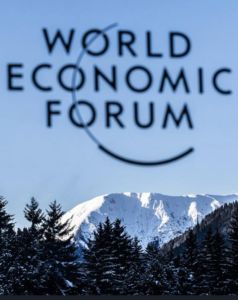Join getAbstract to access the summary!

Join getAbstract to access the summary!
Adam Grant, Ohoud Khalfan Al Roumi, Jonas Prising, Hilary Cottam and Anne-Marie Slaughter
The Four-Day Week: Necessity or Luxury?
World Economic Forum, 2022
What's inside?
Organizations across the world are heeding the call to give workers more control over when and how much they work.
Recommendation
Organizations across the world are rethinking the structure of work. In this discussion from the World Economic Forum’s annual meeting, host Adam Grant gathers a diverse group of experts to reflect on historical and current experiments in shortening the workweek – including efforts led by panel members themselves. While their conversation highlights some of the challenges and prerequisites to implementing a four-day week, the contributors unanimously endorse a shift toward fewer, more flexible working hours.
Summary
About the Speakers
Adam Grant is the Saul P. Steinberg Professor of Management and Psychology at The Wharton School, University of Pennsylvania. The panel comprises author and social entrepreneur Hilary Cottam, and Jonas Prising, chairman and CEO of ManpowerGroup. Ohood Bint Khalfan Al Roumi is the Emirati Minister of State for Government Development and the Future, while Anne-Marie Slaughter is CEO of the New America think tank.






























Comment on this summary